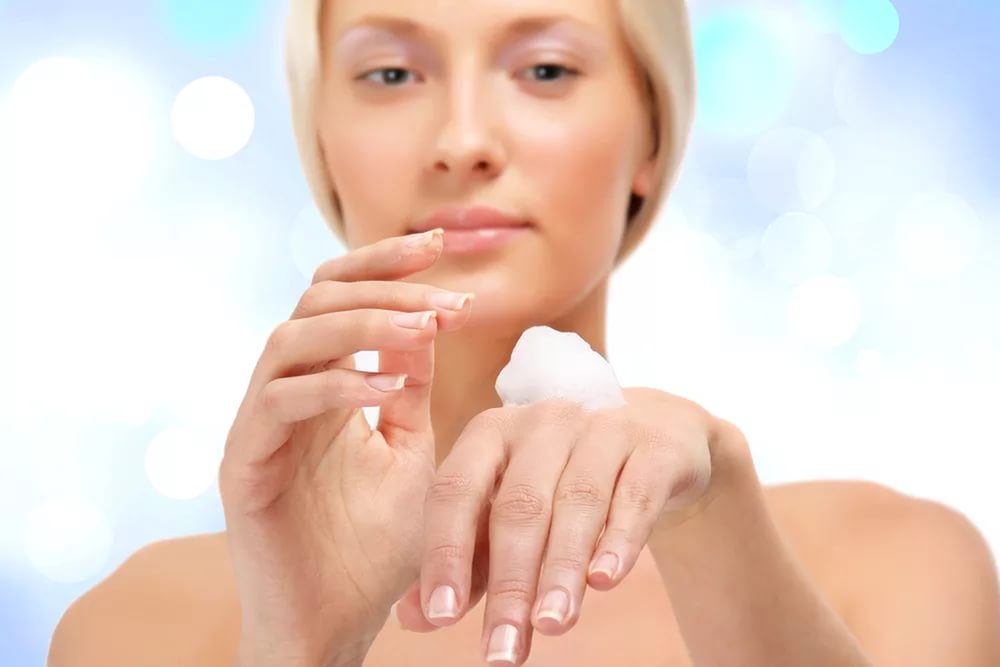German scientists from Rhine-Waal University created a model of human skin and tested cosmetics with prebiotics on it.
The model mimics important characteristics of human skin, including bacterial adhesion and absorption of a cosmetic formula. It helps scientists study how cosmetics containing active prebiotics affect the skin’s natural bacterial colonizers. The model was used to investigate the role of prebiotics in bacterial growth under real-world conditions.
A wide range of microorganisms, including fungi, bacteria, and viruses, reside on human skin. Generally, the abundance and composition of microorganisms varies according to the specific conditions of different skin sites. Some of the bacterial genera that are predominantly found on the skin include Cutibacterium, Staphylococcus and Corynebacterium.
Seven ubiquitous gram-positive skin bacteria were selected to analyze how they were affected by the prebiotic active ingredients tested. The active ingredients used in this study included plant-derived glycerol, diglycerol, glycerylcaprylate, and a multifunctional ingredient.
After 30 minutes of treatment with prebiotic serum without any added active ingredients, a significant effect on bacterial colonization was found: the growth of S. epidermidis, S. hominis and M. flavus was slightly stimulated, while that of S. aureus (Staphylococcus aureus) was inhibited.
Prebiotics play an important role in rebalancing the skin microbiota by enhancing the growth of beneficial microbes and inhibiting the growth of pathogens. Suspected prebiotics can be derived from various sugars, natural extracts and bacterial fermentation products.
Scientists suggest that all cosmetic manufacturers use their skin model to further confirm whether their cosmetic formula promotes the growth of pathogens such as Staphylococcus aureus.
Original source link:
Rhine-Waal University of Applied Sciences
The articles on this site are for information purposes only. The site administrators are not responsible for attempting to apply any recipe, advice or diet, nor do they guarantee that the information provided will help or harm you personally. Be cautious and always consult a doctor or nutritionist!
*All products recommended by thefirstdoc.com are selected by our editorial team. Some of our articles include affiliate links. If you buy something through one of these links, you help us earn a small commission from the seller and thus support the writing of useful and quality articles.





